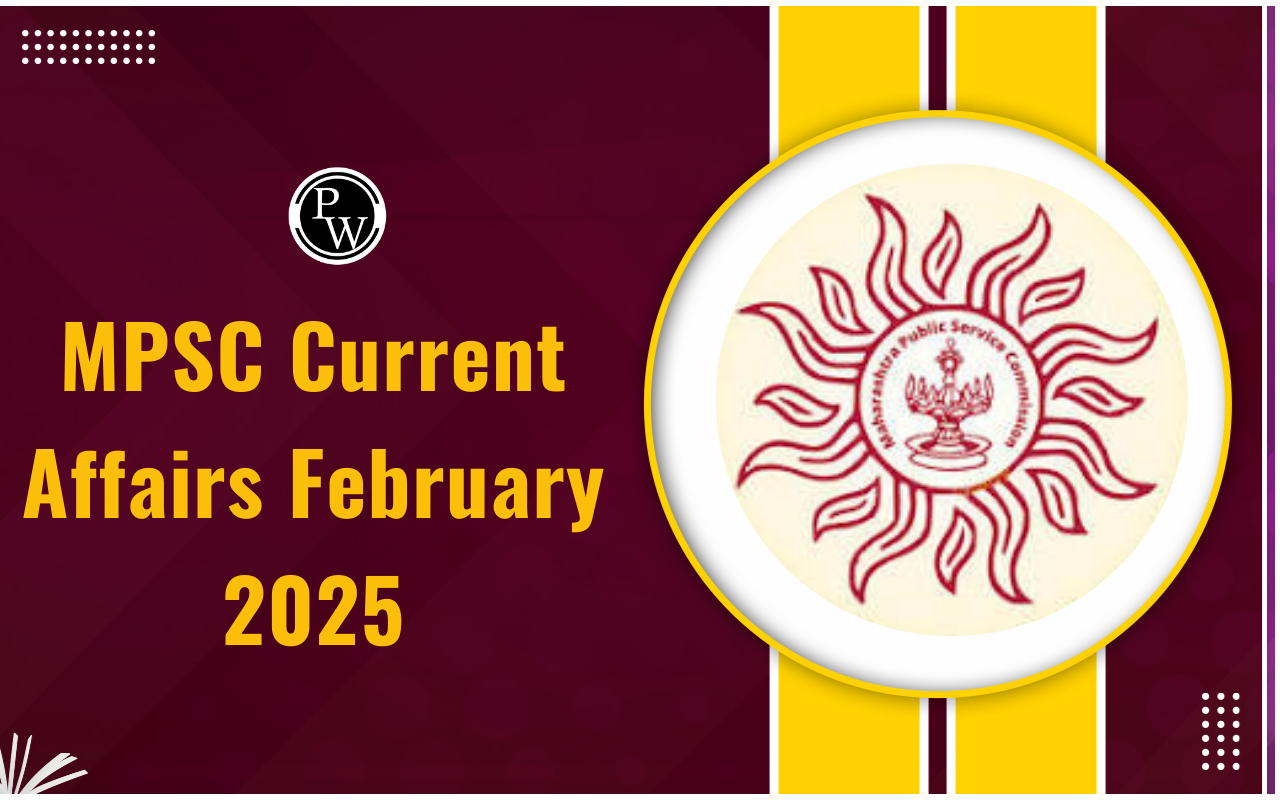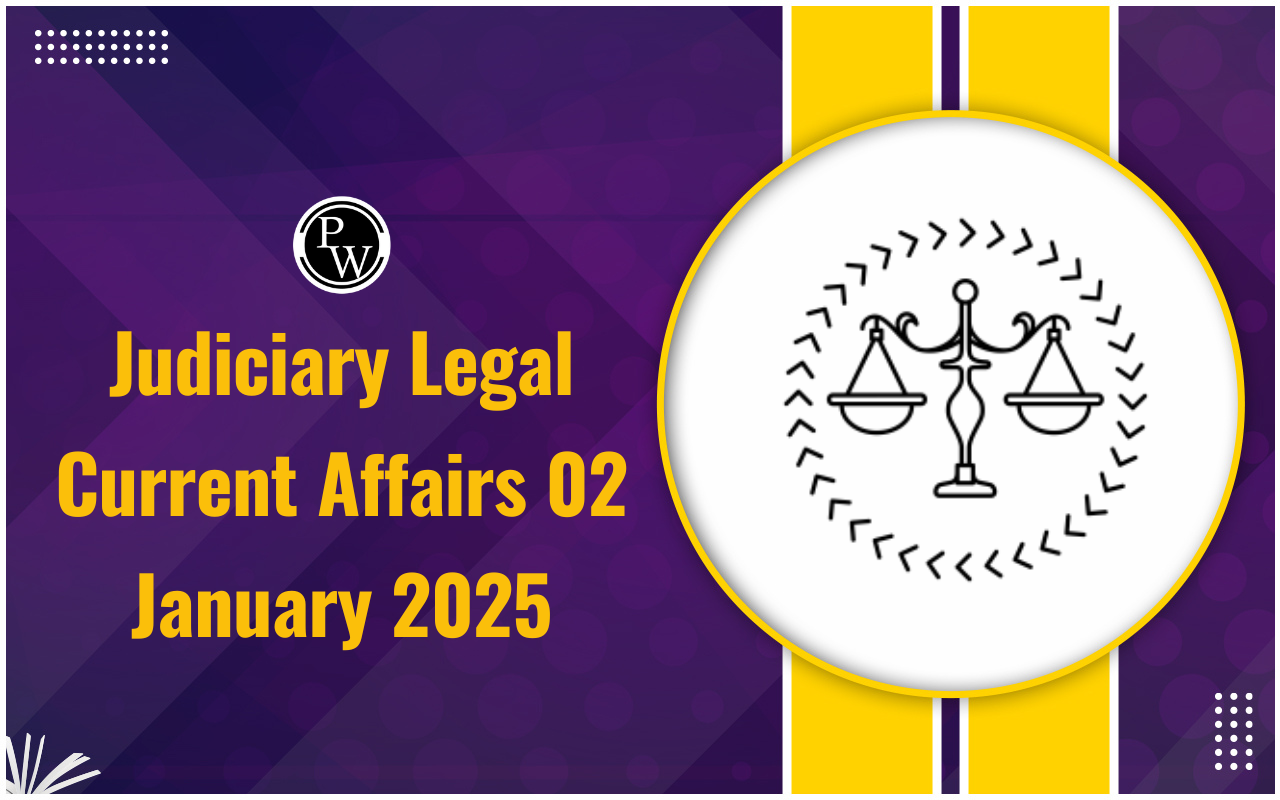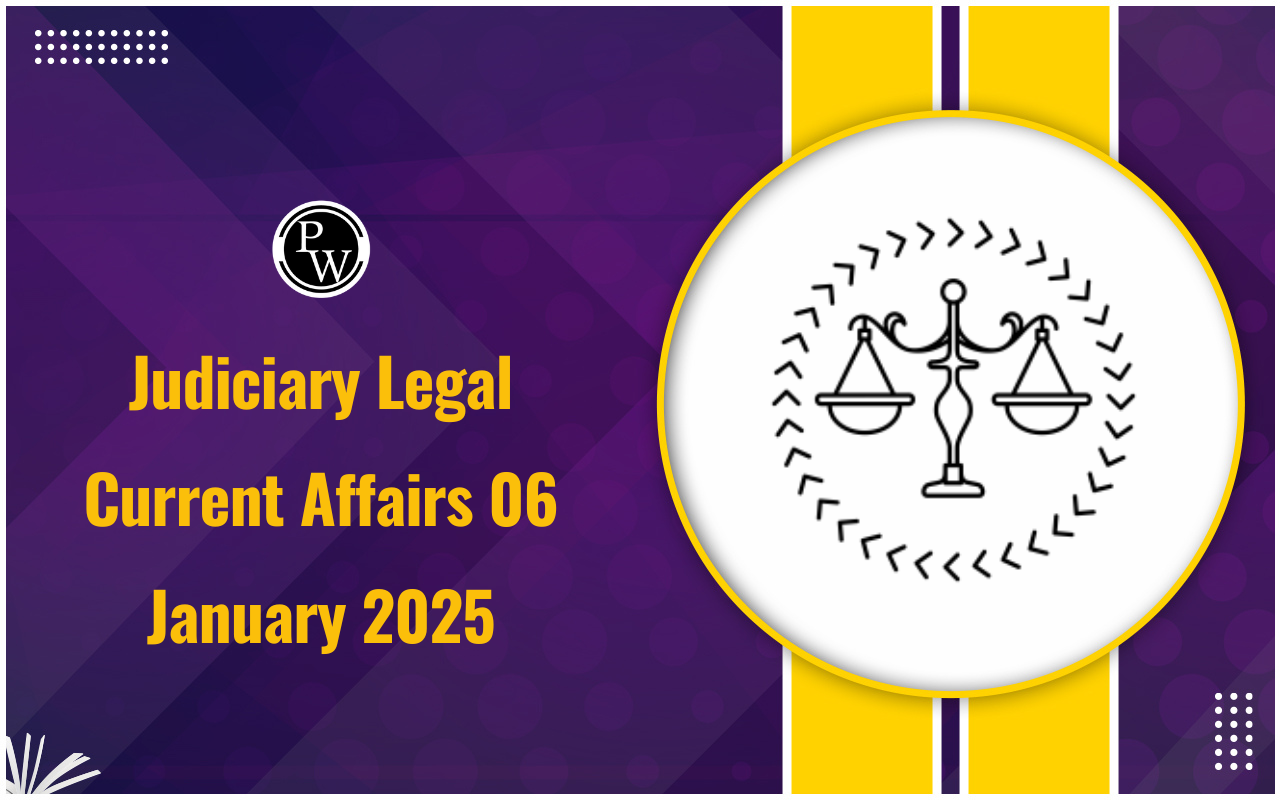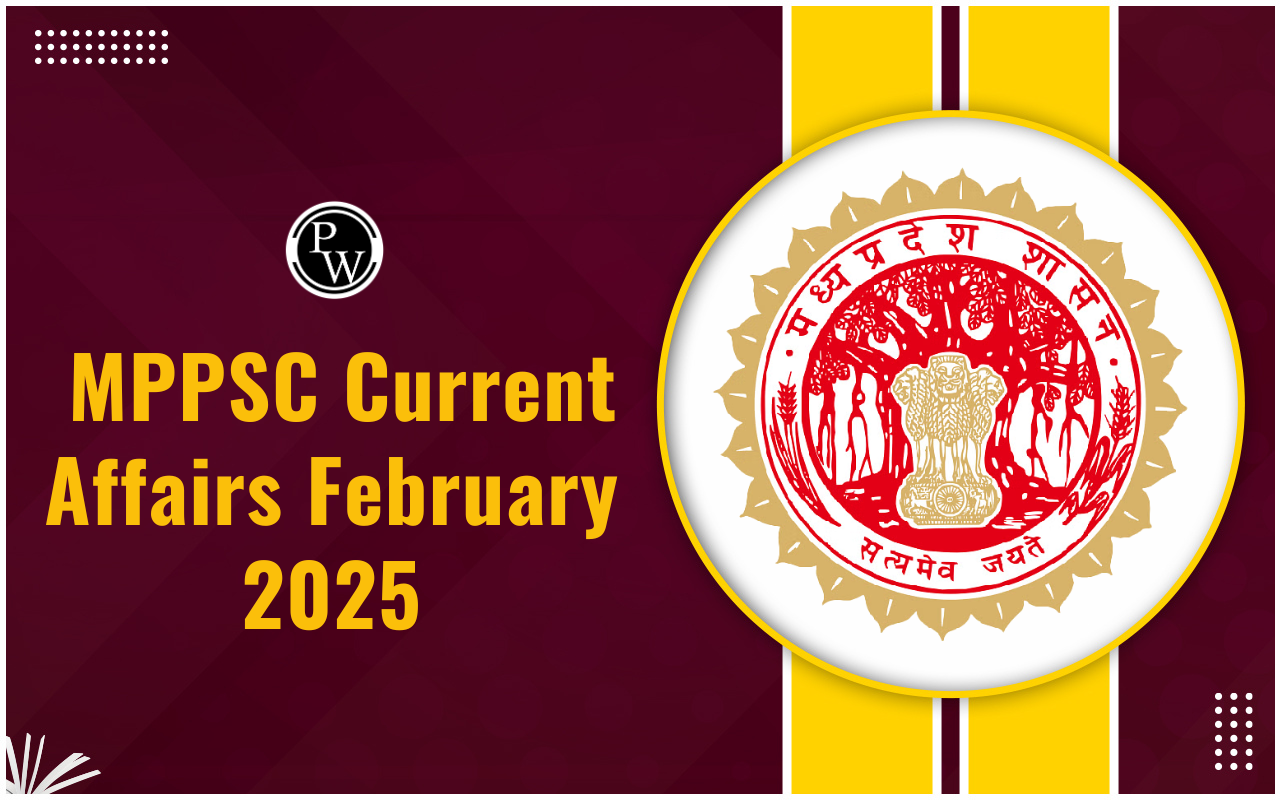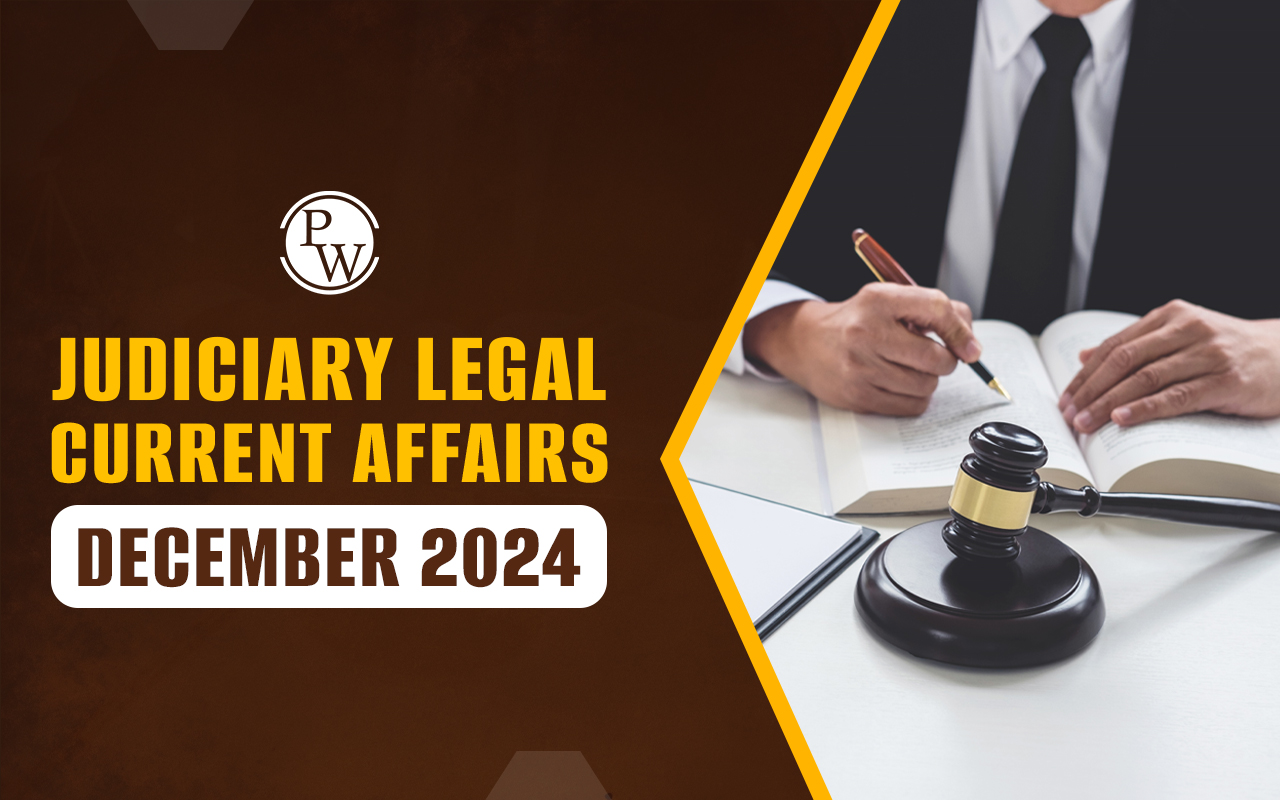
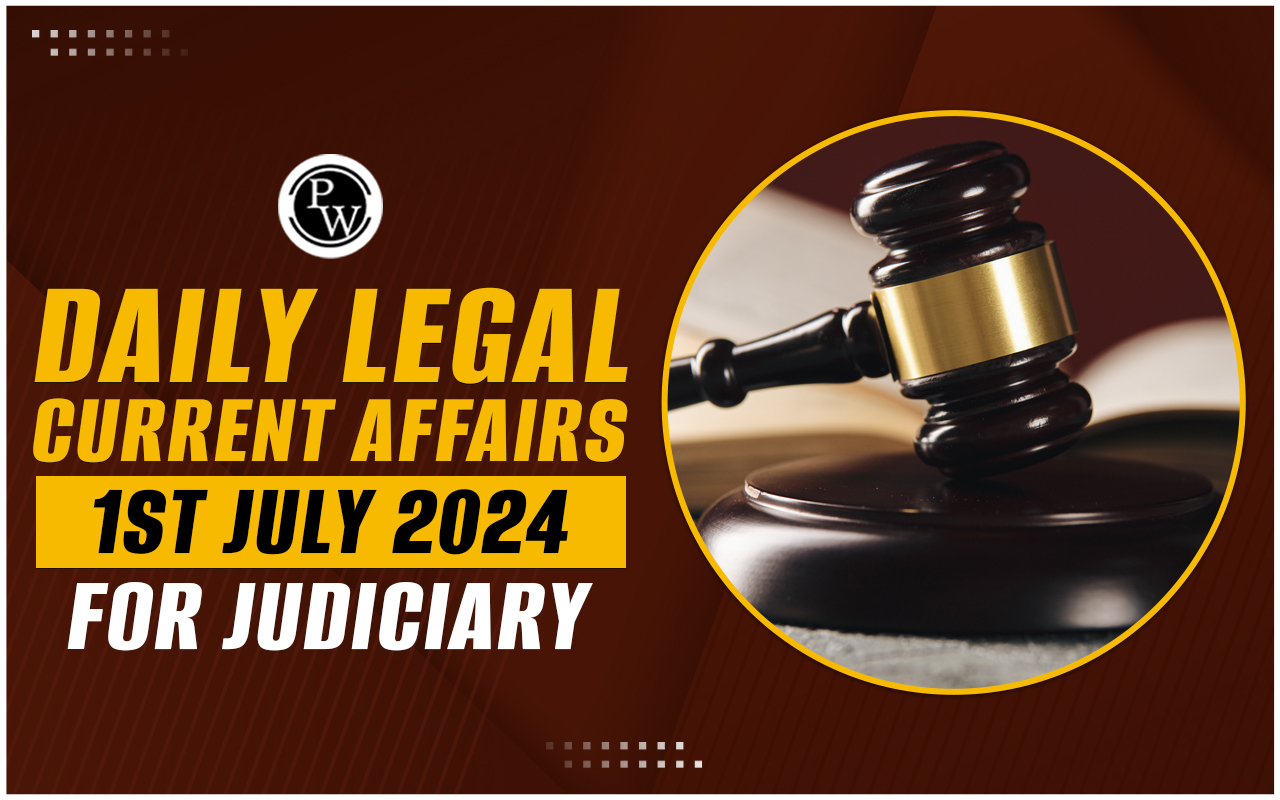
State of Uttarakhand v. Mohd. Azhar @ Antee
-
- BENCH : Chief Justice Ritu Bahri and Justice Alok Kumar Verma
- FORUM : Uttarakhand High Court
- FACTS
- As per the prosecution's case, the incident occurred on January 1, 2016, when the victim girl went missing. The next day, her body was found hanging from a tree near Seta Bend in Tyuni, Dehradun. Her brother (PW-1) claimed that he last saw his sister with the accused, Mohd Azhar, and his accomplice, Nirmal, a Juvenile, leading to their arrest.
- It was the prosecution's case that after raping the minor, the accused had hung her body from a tree to project it as a suicide case. Based on the testimony of ten prosecution witnesses, the DNA report, statements from the accused, and other evidence presented, the Trial Court convicted the Accused on December 12, 2018, and he was sentenced to death for committing offences under Sections 302 and 376 of IPC , and under Section 4 POCSO Act . Nirmal was acquitted. Subsequently, the accused appealed the verdict in the High Court.
- OBSERVATIONS
- The Court, after examining the evidence put on record by the prosecution as well as the judgment of the trial court, noted that even if the prosecution's version is taken to be true, it was “highly doubtful” that the accused would have brought the dead body on the motorcycle and thereafter hang the body on the tree from where, as per the evidence led the dead body was visible from the house of the deceased.
- The Court noted that it would be highly doubtful that anybody who has committed the murder and rape would hang the body from a place where it is visible to everybody. The Court also noted that the trial court had noted that the witness PW-1 (Brother of the deceased) had testified that the accused could not drive a four-wheeler due to injuries received from a past accident and that PW 1 had not driven any vehicle for months because of his injuries.
- The Court said this fact cast doubt on the possibility that the accused could have driven a motorcycle. Further, following the juvenile Nirmal's acquittal, the Court noted that the presence of Nirmal at the crime scene was also questioned. Consequently, the Court observed that PW 2's testimony, which claimed to have seen the victim riding a motorcycle with Nirmal and Azhar, was also doubted, as it was unlikely Azhar could have driven the motorcycle with his injuries.
- Another fact that the Court took into account was that when the dead body of the victim was recovered, she was wearing leggings, and there was blood. However, there was no semen in the legging, and she was not even wearing any undergarments. The Court noted that if rape had been committed on her, it was not possible that there would be no semen in the legging when the blood was present.
- Hence, the Court concluded that once the DNA report could not be made a basis for conviction, the absence of semen in the leggings when the dead body was recovered made it more doubtful that she had been raped. The Court also noted that the recovery of the incriminating objects was also doubtful. Against this backdrop, the death reference was answered accordingly, and the appeal filed by the accused was allowed.
Navdeep @ Chhotu and another v. State of Haryana
-
- BENCH : Justice Pankaj Jain
- FORUM : Punjab & Haryana High Court
- OBSERVATIONS
- The Punjab & Haryana High Court while directing to release an accused convicted for dishonestly receiving property stolen in the commission of a dacoity on the basis of extra-judicial confession, observed that confession made in police custody cannot be relied on to hold the accused guilty.
- Justice Pankaj Jain relying on the landmark decision of Aghnoo Nagesia v. State of Bihar (1966) said, "confession made by an accused in police custody cannot be relied upon to hold the appellant guilty." The Court was hearing an appeal filed by Navdeep and Sudhir convicted by the Trial Court under Section 412 IPC (dishonestly receiving property stolen in the commission of a dacoity) and sentenced to 5 years of imprisonment.
- According to the prosecution both the accused persons were involved in the alleged looting of a car at gunpoint involving four accused persons including the appellant. After some time, the car was apprehended which was being driven by appellant-Sudhir. The car was without a number plate. Sudhir was arrested and interrogated. During the investigation, he named Navdeep @ Chotu as the source of the car, it added.
- Counsel for the appellants asserted that the Trial Court had totally misdirected itself in relying upon the extra-judicial confessions alleged to have been made by Sudhir and Navdeep. He submitted that though as per the prosecution, recovery has been effected from Sudhir, there is no cogent piece of evidence to show the involvement of Navdeep apart from the disclosure statements while in police custody which are apparently hit by provisions of Sections 25 and 26 of Evidence Act.
- After hearing the submissions, the Court noted that the precise allegation by the complainant whose car was allegedly looted is that he was robbed of the same by 04 young boys at pistol point. "The question is whether robbery committed by 04 persons falls within the ambit of 'dacoity'", it added. Perusing Sections 391 (Dacoity) and Section 412 (Dishonestly receiving property stolen in the commission of a dacoity) of IPC, the Court noted that, "In order to attract offence of dacoity as adumbrated under Section 391 of the Code, the essential ingredient is commission of robbery by 05 or more persons conjointly. In order to constitute an offence punishable under Section 412 , it is quite essential that the proceeds must be the result of dacoity." Justice Jain highlighted that "The property i.e. car was snatched at the gunpoint by 04 persons involved can also not be said to be members of the gang of dacoits."
- As a result, the Court found that the conviction of the appellants under Section 412 IPC can be maintained. The appeal qua appellant No.2 Sudhir is thus allowed to the extent that his conviction is altered qua offence punishable under Section 412 IPC to the one qua offence punishable under Section 411 IPC. Sudhir was resultantly held guilty of offence punishable under Section 411 (Dishonestly receiving stolen property) IPC, it said.
- The Court further considered the question of whether a confession made by the accused while in police custody can be relied upon as with respect to Navdeep, apart from the disclosures made in the present case by both the accused while in police custody, there is no other incriminating evidence against him. It observed: "Answer is in the provision contained under Section 25 of the Evidence Act which reads as under:- Confession to police officer not to be proved.- No confession made to a police officer, shall be proved against a person accused of any offence.” In light of the above, the Court said the confession made by the accused in police custody cannot be relied upon to hold the appellant guilty. "Keeping in view that the appellant Navdeep @ Chotu has also undergone actual custody of 03 years, he is ordered to be released for offence undergone the same," it directed.
Glaxo Group Limited and Others v. Rajiv Mukul and Anr.
-
- BENCH : Justice Jasmeet Singh
- FORUM: Delhi High Court
- OBSERVATIONS
- Glaxo Group Limited (“Glaxo”) filed a suit in the Delhi High Court (“High Court”) against the defendants for seeking a permanent injunction restraining them from using its registered trademarks. Glaxo had registered trademarks for vaccines like 'Zentel', 'Otrivin' and 'Ambirix' and the defendants were using deceptively similar words such as 'Sontel', 'Etoriwin' and 'Aribrix'.
- As per Glaxo, this was a tactic employed by the Defendants to misappropriate the proprietary suffix 'Rix'. The High Court passed a decree in favour of Glaxo, authorizing a compromise between Glaxo and the Defendants. As per the decree, the Defendants were directed to destroy any unfinished products or materials bearing the impugned marks. Despite the decree, the Defendants continued to infringe the trademarks of Glaxo.
- The Defendants were specifically accused of using the mark 'Betnevin' with similar packaging to Glaxo's trademark "Betnesol." This ongoing infringement prompted Glaxo to file an execution petition to enforce the original decree before the High Court.
- Contention of the Defendants : The Defendants argued that if the High Court examines whether their products infringe on Glaxo's trademark, it'll be overstepping the terms of the decree and would be delving into the matter of infringement.
- This falls under the purview of a new suit, which Glaxo should file instead.
- Reliance was placed on Snapdeal (P) Ltd. v. Godaddy.Com LLC (2022) , where the Delhi High Court held that a court cannot pre emptively issue a broad injunction without identifying specific infringing domain names. Each alleged infringement must be individually presented to the court for examination and relief. This principle underlined that an infringement suit must address specific instances of infringement rather than seeking a blanket order against potential future infringements.
- The High Court held that the contentions of the Defendants were based on a case which was an 'interim order' and not an execution petition. In this case, the execution petition was based on a settlement signed by both Glaxo and the Defendants, endorsed by their respective counsels, and followed by a decree based on the settlement terms.
- The High Court referred to [AI Essco Sanitations v. Mascot Industries (India) (1982) , where it restrained the judgment debtors from using a similar mark in an execution petition. In the case, the High Court noted that the decree, based on the compromise deed, prohibited the judgment debtors from infringing the decree-holder's trademark 'Essco' by using the mark 'Esso' or any other deceptively similar mark.
- The High Court also noted that the adoption of the mark 'Osso' by the judgment debtors was dishonest, as it closely resembled the decree-holder's mark 'Essco'. The judgment debtors' attempt to use a similar mark even before the decree showed dishonest intentions, further justifying the restraint order.
- Reliance was also placed on Chittoori Subbanna v. Kudappa Subbanna (1965) , where the Supreme Court held that an executing court must enforce a clear and complete decree without interpreting or going behind its terms, even if the decree seems erroneous or contrary to law. Based on these precedents, the High Court held that in an execution petition, it could determine whether the Defendant's products were similar and infringing Glaxo's trademarks.
- It affirmed that the executing court must enforce the decree as it stands without questioning its validity. Consequently, the High Court found that the Defendants' product and packaging were similar to and infringed upon Glaxo's trademarks. Consequently, the Defendants were restrained from using the mark 'Betnevin' and similar packaging to 'Betnesol'. The execution petition was disposed of, with liberty granted to Glaxo to revive the petition in case of further infringement.
Also Check: Daily Legal Current Affairs 28 June 2024
XXX v. XXX
-
- BENCH : Justice Kuldeep Tiwari
- FORUM : Punjab & Haryana High Court
- OBSERVATIONS
- The Punjab & Haryana High Court has observed that the right to marry a person of one's own wish is a fundamental right. The development came while hearing a protection plea of a couple who stated to have legally married each other and apprehended threats from their relatives. Justice Kuldeep Tiwari observed, “To marry a person of one's own choice, is the fundamental right of every citizen. No one is bestowed with any right or authority to interfere in the marriage preferences of independent adults.” The Court added that had the authorities concerned, which was seized of petitioners' representation, handled the matter with due care and circumspection, the petitioners would not have been constrained to approach this Court.
- The protection plea was filed against the State of Punjab and other respondents by a couple apprehending danger to their life and liberty as their marriage had given rise to grievances among their families. After hearing the submissions, the Court noted that the principal cause behind filing the plea was that their marriage had caused grievance to their family members and such grievance had made them apprehensive of danger to their lives and liberty.
- Before rushing to the Court, the petitioners had even made a representation before Police authorities. Justice Tiwari observed that, the “Court is unable to comprehend as to how two mature, responsible and consenting adults, who have decided to spend their lives together, and that too after legally solemnizing marriage, are not allowed to live a peaceful life as per their own wishes.”
- “Had the authorities concerned, which was seized of petitioners' representation (supra), handled the matter with due care and circumspection, the petitioners would not have been constrained to approach this Court,” the judge added. Reliance was placed on the Supreme Court's decision, in “ Laxmibai Chandaragi B & Anr. V. The State of Karnataka & Ors. ”, [Writ Petition (Criminal) No.359/2020], to underscore that “consent of family, community or clan is not necessary once two adult individuals agree to enter into a wedlock.”
- The Court highlighted that despite the issuance of detailed guidelines, in numerous judgments, by the Supreme Court and various High Courts, the petitioners had to approach the Court for issuance of a mandamus upon the authority concerned to act upon their representation. Without entering upon an exercise to evaluate the evidentiary value of the documents placed on the file, the Court disposed of the plea directing the Commissioner of Police to decide the representation and grant protection if any threat to their lives and liberty is perceived.
Also Check: Daily Legal Current Affairs 25 June 2024
Dr. TV Swaminathan v. State and Another
-
- BENCH : Justice G Jayachandran
- FORUM : Madras High Court
- OBSERVATIONS
- The Madras High Court recently observed that teachers protesting in colleges violently was a serious matter that could not be condoned merely by receiving an apology letter. Justice G Jayachandran thus dismissed a petition seeking to quash a criminal case registered against the teaching staff of Pachaiyappa's Trust for protesting.
- The court added that bypassing the criminal law procedures by obtaining an apology letter for an act of violence inside the college campus was not in the interest of justice. “ An affidavit of apology cannot be entertained to quash the prosecution launched for an offence of this kind. Criminal Procedure Code provides for bargain, or plead guilty or compound. Bye-passing the procedures and quashing criminal prosecution, by obtaining apology letters for an act of violence inside the college campus by the teaching staff is not in the interest of justice.
- Hence, the quash petition is dismissed,” the court observed. The case was registered against the teaching staff for staging a protest when the college committee meeting was to be held on the campus under the chairmanship of an interim administrator appointed by the court. The court noted that when the interim administrator, a former judge of the High Court, attempted to streamline the administration, the staff had protested against the same.
- The interim administrator thus filed a police complaint which was taken up for investigation and a final report was filed. The petitioners submitted that when some of the accused persons had approached the court earlier with a similar prayer, the court had allowed the prayer after getting an affidavit of apology. The petitioners informed the court that they were ready to give an apology letter and the case may be quashed considering the same.
- The court however observed that campus violence was a serious matter that could not be condoned by just receiving an apology letter. The court further noted that when the prosecution had made out a case for a criminal offence, the petitioners should plead guilty in the manner known to law instead of filing an affidavit of apology. Thus, the court was not inclined to allow the prayer and refused to quash the case. However, the court gave liberty to the petitioner to approach the trial court seeking a remedy to plead a bargain or compounding.
Daily Legal Current Affairs Practice Question 01 July 2024 for Judiciary Exams
Q1) A intentionally gives Z a sword-cut or club-wound sufficient to cause the death of a man in the ordinary course of nature. Z dies in consequence. Here A is guilty of:
- Murder
- Culpable homicide not amounting to murder
- Grievous Hurt
- None of the Above
Q2) Punishment for penetrative sexual assault is provided under:
- Section 3
- Section 4
- Section 5
- Section 6
Q3) Which of the following case is related to ‘Confession in the FIR given by the accused’
- a) State Of U. P vs Deoman Upadhyaya
- b) Bhuboni Sahu V. The King
- c) Aghnoo Nagesia v. State of Bihar
- d) Kushal Rao V. The State Of Bombay
Q4) Dishonestly receiving stolen property is provided under _______ of the Indian Penal Code.
- Section 410
- Section 411
- Section 412
- Section 413
Q5) Which of the following is an intellectual property as per IPR Laws in India.
(a) Original literary work (b) Industrial Design of Maruti800 car (c) Trademark of Tata company (d) All the above Ans (d)Judiciary Exam Current Affairs FAQs
How many months of current affairs is required for a Judiciary Exam?
The candidates are recommended to prepare for at least a year before appearing in the Judiciary examination.
Where can I study current affairs for the Judiciary?
The candidates can study and get the daily current affairs for Judiciary from the official page of Physic Wallah.
How can I prepare for Judiciary current affairs?
The candidates can prepare for the Judiciary current affairs by reading newspapers daily and exploring the online material available.
🔥 Trending Blogs
Talk to a counsellorHave doubts? Our support team will be happy to assist you!

Check out these Related Articles
Free Learning Resources
PW Books
Notes (Class 10-12)
PW Study Materials
Notes (Class 6-9)
Ncert Solutions
Govt Exams
Class 6th to 12th Online Courses
Govt Job Exams Courses
UPSC Coaching
Defence Exam Coaching
Gate Exam Coaching
Other Exams
Know about Physics Wallah
Physics Wallah is an Indian edtech platform that provides accessible & comprehensive learning experiences to students from Class 6th to postgraduate level. We also provide extensive NCERT solutions, sample paper, NEET, JEE Mains, BITSAT previous year papers & more such resources to students. Physics Wallah also caters to over 3.5 million registered students and over 78 lakh+ Youtube subscribers with 4.8 rating on its app.
We Stand Out because
We provide students with intensive courses with India’s qualified & experienced faculties & mentors. PW strives to make the learning experience comprehensive and accessible for students of all sections of society. We believe in empowering every single student who couldn't dream of a good career in engineering and medical field earlier.
Our Key Focus Areas
Physics Wallah's main focus is to make the learning experience as economical as possible for all students. With our affordable courses like Lakshya, Udaan and Arjuna and many others, we have been able to provide a platform for lakhs of aspirants. From providing Chemistry, Maths, Physics formula to giving e-books of eminent authors like RD Sharma, RS Aggarwal and Lakhmir Singh, PW focuses on every single student's need for preparation.
What Makes Us Different
Physics Wallah strives to develop a comprehensive pedagogical structure for students, where they get a state-of-the-art learning experience with study material and resources. Apart from catering students preparing for JEE Mains and NEET, PW also provides study material for each state board like Uttar Pradesh, Bihar, and others
Copyright © 2025 Physicswallah Limited All rights reserved.
